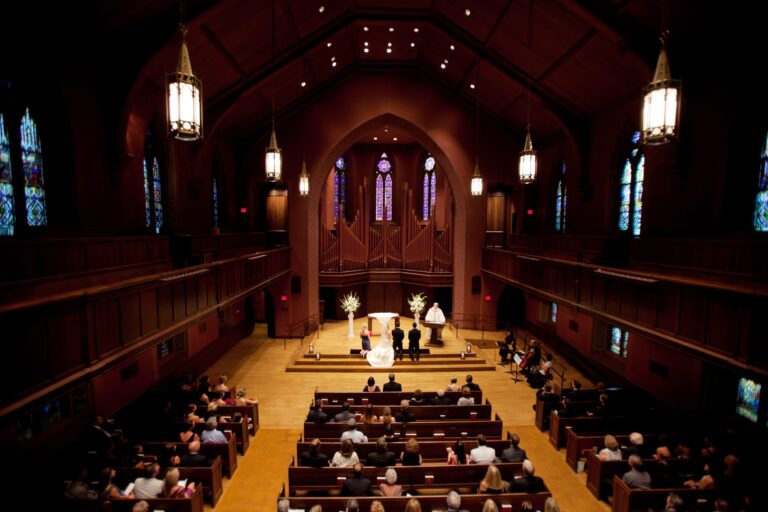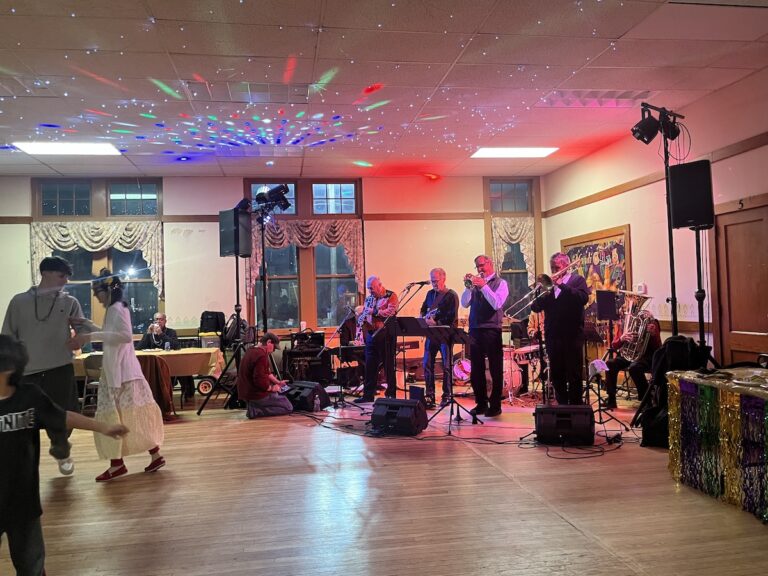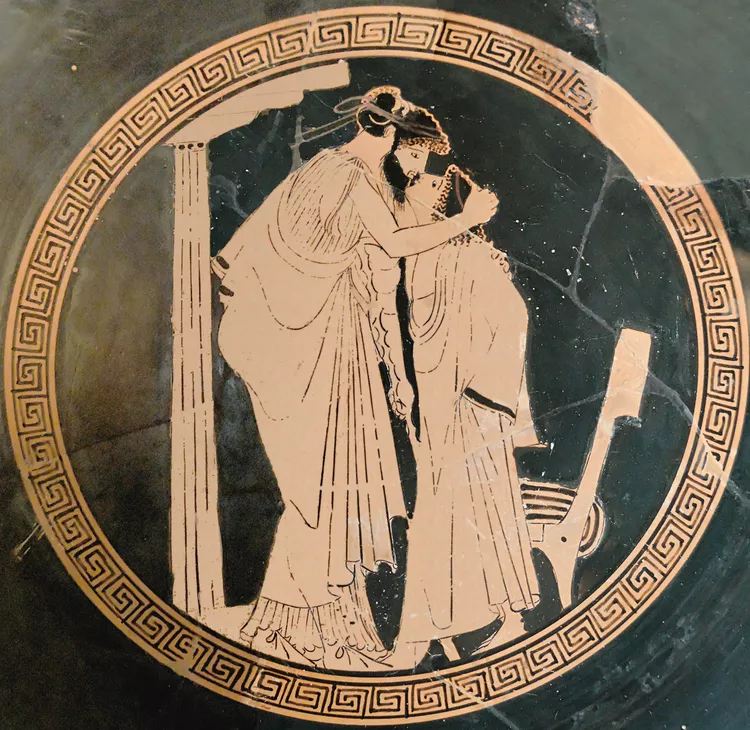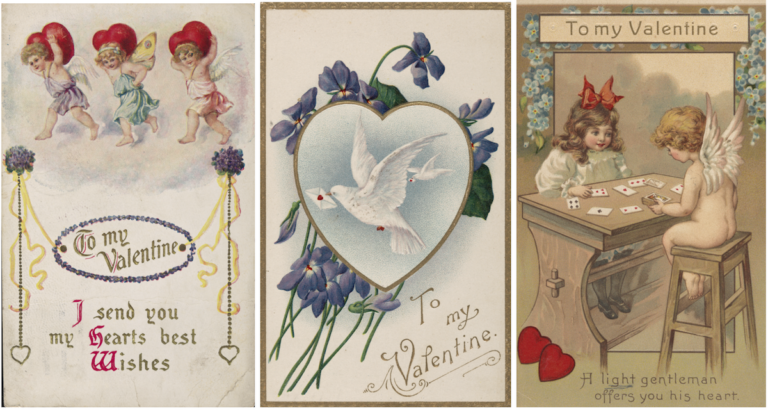Doonesbury Strip Reopens Zonker Harris Debate
For the last week, members of the Wesleyan community have eagerly followed Garry Trudeau’s Doonesbury strip as it played off of the 2008 controversy over the administration’s mandate that WestCo change the name of the annual music and arts festival Zonker Harris Day. The festival that began at Wesleyan in the 1970s was named after Trudeau’s perpetually pot-smoking character Zonker Harris.
Trudeau, who attended nearby Yale University, heard about Zonker Harris Day in 1978 when a student wrote him a letter. In 2008, when the administration demanded the name of the holiday be changed, a student again contacted Trudeau.
“ResLife [Residential Life], after 30 years, had suddenly discovered that Zonker was a ‘hippie/druggie,’” Trudeau wrote in an e-mail to The Argus. “And President Roth declared the holiday ‘stupid,’ which is what I’d always thought smart people look for in a break. It made no sense to me. But it was just one letter, so I stayed out of it. I didn’t want to be presumptuous.”
Sarah Leitson ’11 was one of the presidents of WestCo during the 2007-2008 academic year. She remembers no controversy surrounding the fall festival Duke Day, whose namesake is also a Doonesbury character. During the spring semester, however, the University threatened to cut off funding to the festival unless the name Zonker Harris Day was changed.
“It was all about the image of the University,” Leitson recalled. “It was not even about what went on at the event. We weren’t really being asked to crack down on anything or to change the content. We were really just being asked to change the name that would go into the WesFest booklet.”
Ivan Maulana ’11, another WestCo president during the 2007-2008 year, recalled offering to include drug education booths and information during the festival. The administration said this was a good idea but still would not allow the festival to keep its original name. The event was renamed Ze Who Must Not Be Named Day.
This semester, the current WestCo presidents decided to contact Trudeau to plead their case.
“We’d joked before about e-mailing Garry Trudeau in these meetings with ResLife,” said Mickey Capper ’13, a WestCo president last year. “We’d have these heated meetings and we’d go, ‘Oh, we’ll just e-mail Garry Trudeau and that will settle it.’ They’d laugh and then warn us if we did, he might sue us for copyright infringement.”
Current WestCo President Jason Katzenstein ’13 submitted the letter to Trudeau on behalf of all the WestCo presidents and community.
“We have tried to explain that Zonker means so much more than flagrant drug abuse,” the letter read. “In fact, we understand that he has been sober for quite some time, and is currently in pursuit of the perfect tan. We cannot stand for an excellent babysitter, student, football player, and beach rights activist to be so dishonored. You are our (and Zonker’s) best hope in defending a longstanding tradition. Please, if there’s anything at all you might be able to do for us, we’d very much appreciate it.”
Trudeau said he found the letter to be “impressive.”
“Any student dorm with multiple presidents is either really into representational governance or deeply goofy,” Trudeau wrote. “Either way, I was feeling the love.”
Capper said that WestCo tried to follow administration standards when they threw the festival last year, but noted that a Facebook event listed the former name of the event, as did t-shirts printed by residents.
“The Office of ResLife said that we weren’t doing everything we could and that they would consider not funding the event again next year,” Capper said. “It seemed like we had done everything that we thought they wanted us to and anything else would be a violation of what we believe. It’s a silly issue but we care about it a lot.”
Capper was grateful that Trudeau devoted a week to the issue. The strip began with Zonker’s discovery that a school named Wesleyan had a holiday named after him “filled with music and psychedelia,” but it was ruined when “the darkness came.” President Michael Roth made an appearance in one panel as a dark outline telling Zonker, “I don’t want my college associated with you,” to which Zonker replies, “Dude, you understand I’m a fictional character, right?”
Director of Media Relations and Public Relations David Pesci issued a statement on behalf of Roth and the University.
“Wesleyan is flattered to be satirized in The Doonesbury strip by the Pulitzer Prize-winning Mr. Trudeau,” the statement read. “It’s not the first time Wesleyan has been mentioned in one of his comics, and we are sure it won’t be the last.”
Katzenstein sent a letter to Roth on behalf of all the presidents.
“We apologized to him,” Capper said. “We never wanted it to be a personal attack. And now, unfortunately, it has been represented in the media as Michael Roth trying to change the culture of the school. It makes sense as to how that would be represented but we don’t really it see it like that. We see it as a mistake made by the administration.”
Trudeau admits that some of his regular readers may not have known what to make of the strip, but said he has received much positive feedback from the Wesleyan community.
Professor of History William Johnston stopped by the Doonesbury website to comment on the latest strip with its Wes-centric theme and congratulate Trudeau on 40 years of his cartoon.
“I’ve been starting my day with Doonesbury since I was a kid in Wyoming, and always look forward to where the story line is going next,” Johnston wrote. “So I was greatly amused to find Wes this week’s subject. But this isn’t the first time for Wesleyan to appear by name…bravo for all the fun. I wondered how Mr. Trudeau would skewer President Obama, and thought he has done a great job. I never dreamed he also would skewer President Roth!”
Johnston told The Argus that he has discussed the strip with students who have been amused by the storyline.
“Rumor has it that some administrators are not exactly thrilled with the strip, but just having been featured in Doonesbury points to Wesleyan’s status as an American icon in itself,” Johnston wrote in an e-mail to The Argus. “Trudeau has paid tribute—sometimes through stinging satire—to any number of American icons on both the left and the right…Being skewered by Trudeau is, in my reading at least, to join a pretty exclusive club.”
Trudeau said he hopes his strip will help persuade Roth to change the names of the festivals back.
“I briefly considered reaching out to him quietly, but I finally decided it’d be better to blindside him,” he wrote. “Otherwise I’d run the risk of his being reasonable, and then where would we be? I’d have to think of something else to write about.”
Capper hopes that Trudeau’s strip will help return the festivals to their original names.
“I feel like now is a good time for the administration to own it, and be like, ‘It was a mistake we made and we are encouraging it as long as there is no safety problem with it,’” he said.
Director of ResLife Fran Koerting declined to comment on the future of the fall and spring festivals and their names until after a meeting is held this Friday with the WestCo presidents.
Trudeau, like Capper, is not a fan of the replacement festival names.
“I think you need to have a contingency plan if Duke Day isn’t restored,” Trudeau wrote. “Eighth Day of the Week Day sounds too much like a salute to the Beatles. Ze Who Must Not Be Named Day is clever, but it sounds provisional, like an unsettled issue. I strongly urge the Wesleyan community to restore the original, unapologetic, unlicensed tributes to two of America’s leading imaginary chill-heads.”
The Argus asked Trudeau if he would come to Wesleyan to attend celebrations if the names were changed back.
“Wouldn’t it be more helpful to say I’ll come if the names aren’t changed back? After all, you’re still negotiating,” he wrote. “Let’s make it a threat instead of a promise.”







Why don’t we nominate Garry Trudeau for an honorary degree?
Gary Trudeau is awesome, and has gained a new reader.
Ummm–that dark outline was Zonker on the phone, not President Roth.
Wesleyan has officially morphed into the school where all the students brag about smoking dope and getting A’s 🙂 Princeton Review should have a field day!